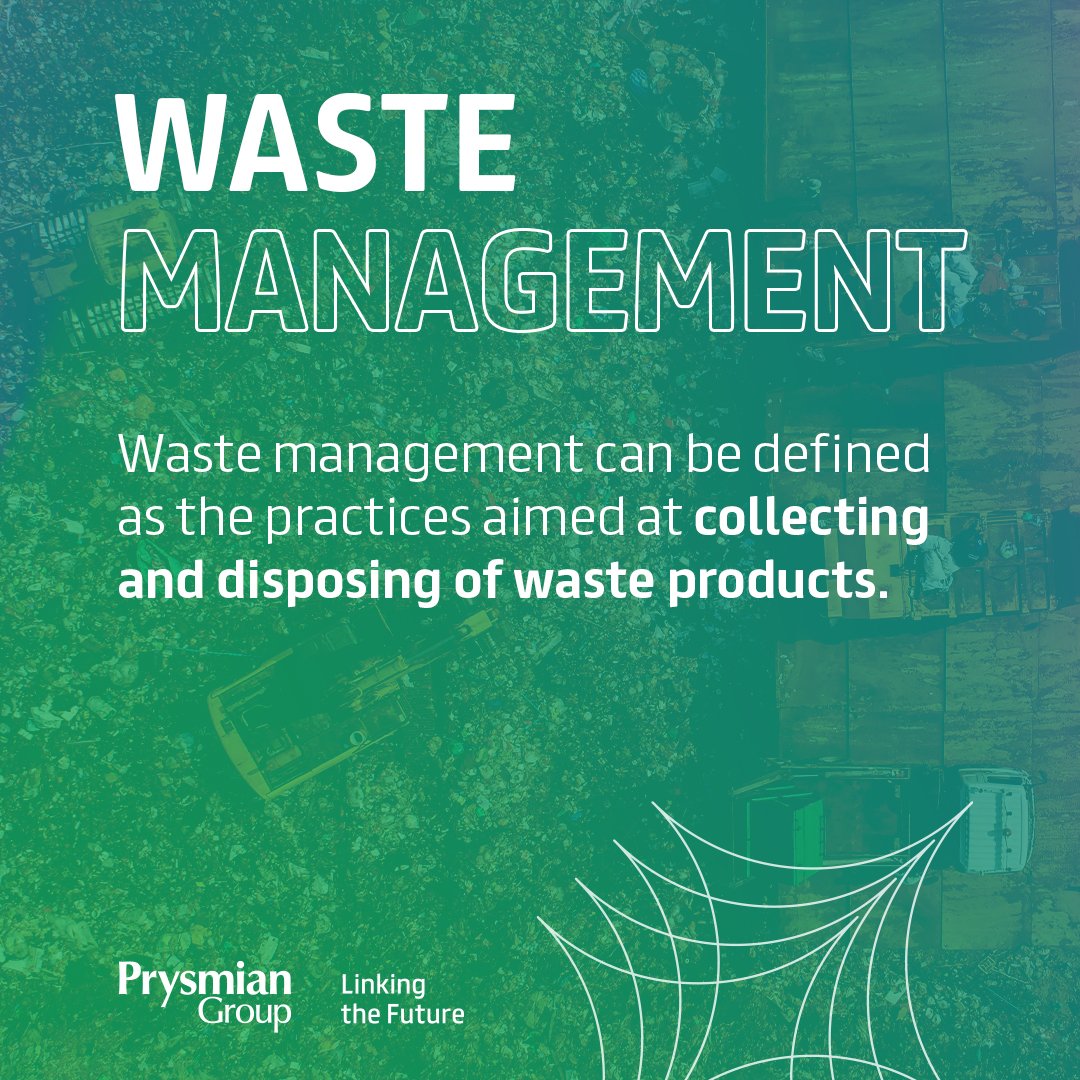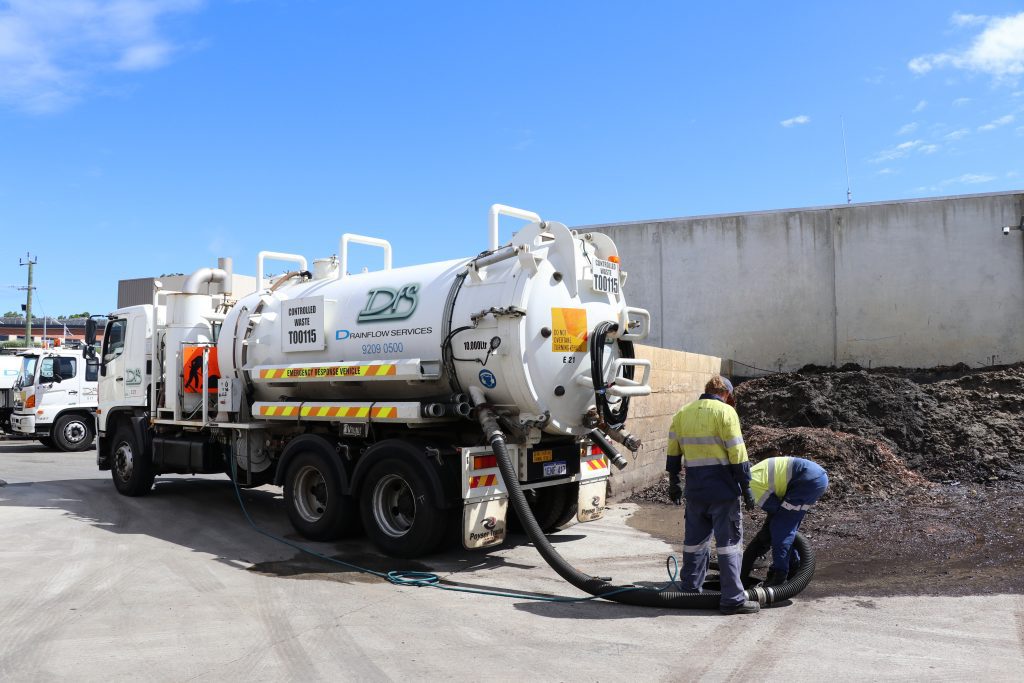The Only Guide to Reclaim Waste
The Only Guide to Reclaim Waste
Blog Article
Examine This Report about Reclaim Waste
Table of ContentsHow Reclaim Waste can Save You Time, Stress, and Money.Reclaim Waste Things To Know Before You BuyNot known Incorrect Statements About Reclaim Waste Reclaim Waste Fundamentals ExplainedThe Buzz on Reclaim Waste
Domestic sewer waste refers to the waste and products from a household septic container. The appropriate management and disposal of domestic sewage waste require liquid waste to be transferred to a sewage therapy plant where the proper techniques and devices are applied to detoxify and dispose of waste.
Industrial waste typically includes potential hazards, such as flammable products or a mix of liquid and strong waste products, and calls for an extra innovative and thorough disposal process. The disposal of business waste commonly involves the filtration of waste prior to transportation to make certain secure and appropriate disposal. Hazardous waste is developed from results and runoff of commercial processes and production.
This sort of waste can not utilize the exact same sewage management transportation or processes as septic or business fluids. The hazardous waste administration procedure requires the examination and testing of liquid waste prior to it goes through the disposal process (liquid waste disposal). Drainage waste is the fluid waste that comes from drainage and excess stormwater in very inhabited locations or cities
Overflow waste can create contamination and flooding if not dealt with effectively. Find out a lot more about sewage system cleansing and waste management. Ensuring proper waste monitoring can protect against calamities and minimize environmental damage. Both people in property settings and professionals in business or manufacturing industries can take advantage of recognizing the procedures and policies of fluid waste management.
9 Simple Techniques For Reclaim Waste
Contact PROS Solutions today to discover our waste administration and disposal services and the proper ways to care for the fluid waste you generate.
(https://experiment.com/users/reclaimwaste1)This supposed 'wastewater' is not only a crucial resource however, after therapy, will be released to our land, rivers or the ocean. Used water from commodes, showers, bathrooms, kitchen area sinks, laundries and commercial processes is known as wastewater.

water made use of to cool equipment or clean plant and devices). Stormwater, a kind of wastewater, is overflow that streams from agricultural and urban areas such as roofing systems, parks, gardens, roadways, courses and rain gutters right into stormwater drains pipes, after rain. Stormwater moves without treatment directly to local creeks or rivers, eventually getting to the sea.
What Does Reclaim Waste Mean?
In Queensland, the majority of wastewater is dealt with at sewage therapy plants. Wastewater is transported from domestic or industrial sites through a system of sewage systems and pump terminals, called sewage reticulation, to a sewer treatment plant. Neighborhood governments develop, maintain and operate most sewer therapy plants. Operators are accredited under the Environmental Management Act 1994 to discharge cured wastewater at an acceptable environmental criterion right into rivers.
The Division of Natural Resources advises city governments about handling, operating and maintaining sewerage systems and treatment plants. In unsewered locations, local governments might require householders to mount private or family sewer treatment systems to treat residential wastewater from commodes, kitchens, shower rooms and washings. The Division of Natural Resources authorises making use of family systems when they are confirmed to be reliable.
A lot of stormwater obtains no treatment. In some new class, treatment of some stormwater why not try these out to eliminate trash, sand and gravel has started making use of gross pollutant traps. Wastewater therapy occurs in four stages: Gets rid of solid matter. Bigger solids, such as plastics and other objects mistakenly released to drains, are removed when wastewater is passed via screens.
Utilizes small living microorganisms recognizes as micro-organisms to break down and get rid of staying dissolved wastes and great fragments. Micro-organisms and wastes are included in the sludge.
Reclaim Waste Can Be Fun For Anyone
Nutrient removal is not offered in any way sewage treatment plants due to the fact that it requires expensive specialized tools. It is coming to be extra common in Queensland. Clear fluid effluent generated after treatment may still include disease-causing micro-organisms. If this effluent is released right into rivers such as rivers or the sea, the micro-organisms will ultimately die out.

The majority of wastewater streams into the sewerage system. Under the Act, regional governments carry out approvals and permits for ecologically pertinent activities (Periods) including wastewater releases that might have a local influence.
Reclaim Waste Can Be Fun For Everyone
Or else, examples are considered laboratory evaluation. Commonly lots of tests are required to develop the levels of each of the different toxins such as oils, hefty steels and chemicals in water. Monitoring offers accurate information regarding water high quality and can verify that licence problems are being fulfilled. The information obtained through tracking supplies the basis for making water high quality decisions.
Report this page